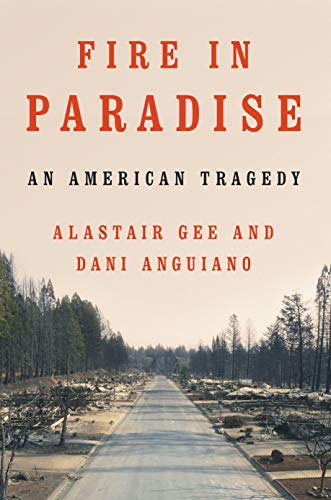Below I will be sharing some new nonfiction titles that will be coming out in May. All the titles will be made available on the library’s Overdrive account on the day of publication.
Top Picks
“The Lincoln Conspiracy: The Secret Plot to Kill America’s 16th President– and Why It Failed” by Brad Meltzer (May 5)
Everyone knows the story of Abraham Lincoln’s assassination in 1865, but few are aware of the original conspiracy to kill him four years earlier in 1861, literally on his way to Washington, D.C., for his first inauguration. The conspirators were part of a pro-Southern secret society that didn’t want an antislavery President in the White House. They planned an elaborate scheme to assassinate the brand new President in Baltimore as Lincoln’s inauguration train passed through en route to the Capitol. The plot was investigated by famed detective Allan Pinkerton, who infiltrated the group with undercover agents, including one of the first female private detectives in America. Had the assassination succeeded, there would have been no Lincoln Presidency, and the course of the Civil War and American history would have forever been altered.
 “Fire in Paradise: An American Tragedy” by Alastair Gee and Dani Anguiano (May 5)
“Fire in Paradise: An American Tragedy” by Alastair Gee and Dani Anguiano (May 5)
There is no precedent in postwar American history for the destruction of the town of Paradise, California. On November 8, 2018, the community of 27,000 people was swallowed by the ferocious Camp Fire, which razed virtually every home and killed at least 85 people. The catastrophe seared the American imagination, taking the front page of every major national newspaper and top billing on the news networks. It displaced tens of thousands of people, yielding a refugee crisis that continues to unfold. “Fire in Paradise” is a dramatic and moving narrative of the disaster based on hundreds of in-depth interviews with residents, firefighters and police, and scientific experts. Alastair Gee and Dani Anguiano are California-based journalists who have reported on Paradise since the day the fire began. Together they reveal the heroics of the first responders, the miraculous escapes of those who got out of Paradise, and the horrors experienced by those who were trapped. Their accounts are intimate and unforgettable, including the local who left her home on foot as fire approached while her 82-year-old father stayed to battle it; the firefighter who drove into the heart of the inferno in his bulldozer; the police officer who switched on his body camera to record what he thought would be his final moments as the flames closed in; and the mother who, less than 12 hours after giving birth in the local hospital, thought she would die in the chaotic evacuation with her baby in her lap. Gee and Anguiano also explain the science of wildfires, write powerfully about the role of the power company PG&E in the blaze, and describe the poignant efforts to raise Paradise from the ruins.
“Entangled Life: How Fungi Make Our Worlds, Change Our Minds & Shape Our Futures” by Merlin Sheldrake (May 12)
When we think of fungi, we likely think of mushrooms. But mushrooms are only fruiting bodies, analogous to apples on a tree. Most fungi live out of sight, yet make up a massively diverse kingdom of organisms that supports and sustains nearly all living systems. Fungi provide a key to understanding the planet on which we live, and the ways we think, feel, and behave. In “Entangled Life,” the brilliant young biologist Merlin Sheldrake shows us the world from a fungal point of view, providing an exhilarating change of perspective. Sheldrake’s vivid exploration takes us from yeast to psychedelics, to the fungi that range for miles underground and are the largest organisms on the planet, to those that link plants together in complex networks known as the “Wood Wide Web,” to those that infiltrate and manipulate insect bodies with devastating precision. Fungi throw our concepts of individuality and even intelligence into question. They are metabolic masters, earth makers, and key players in most of life’s processes. They can change our minds, heal our bodies, and even help us remediate environmental disaster. By examining fungi on their own terms, Sheldrake reveals how these extraordinary organisms — and our relationships with them — are changing our understanding of how life works.
More Releases for May
- “Officer Clemmons: A Memoir” by Dr. Francois S. Clemmons (May 5)
- “Sunny Days: The Children’s Television Revolution That Changed America” by David Camp (May 12)
- “Stray: A Memoir” by Stephanie Danler (May 19)
- “The Book of Eels: Our Enduring Fascination with the Most Mysterious Creature in the Natural World” by Patrik Svensson (May 26)


